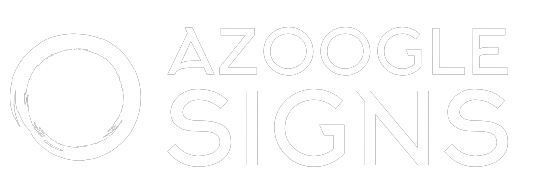Law is one of the most widely studied academic fields worldwide. It’s no surprise that many people want to learn law because of the high salaries, career stability, and respectable standing associated with the profession. A legal degree equips you for practically any career that involves intellectual strength paired with a practical attitude to the world, whether you want to be a successful lawyer, producer, legislator, manager, journalist, diplomat, or police officer. You can apply for law in https://www.alu.edu/
Develop your critical thinking and reasoning skills.
If you want to succeed in this sector, it all boils down how persuasively you can present yourself. For studying law in a good university try https://www.alu.edu/. Your critical thinking skills will put the test as you must comprehend your client’s issue and come up with a logical solution while adhering to the laws set forth by the authorities or the government.
In-depth understanding
An undergraduate law degree will consist series of modules to provide students with in-depth knowledge of various legal topics. You will be able to adjust your education to match your specific goals.

- Criminal Justice and the Law
- Law of Commerce
- The law governing human rights.
You may have a notion where you want to focus your future study after completing your undergraduate degree, allowing you to pursue a job in the field you enjoy the most.
Protect fundamental human rights while distributing justice.
Look no further if you’re looking for a job that does more than pay the bills. Helping others, fighting injustice, and protecting innocent individuals give law a tremendous sense of fulfilment and significance. It’s a big job, and even if you’re correct, you won’t always win. But all we can ask is that you do everything in your ability to improve our society.
Studying law to use it in everyday life
At your fantasy National Law School, you’ll spend a lot of time reading through cases. Real-life scenarios will use demonstrate how theoretical information must apply to real-world situations. You’re wondering if the information you’ve learned needs in the real world.

















